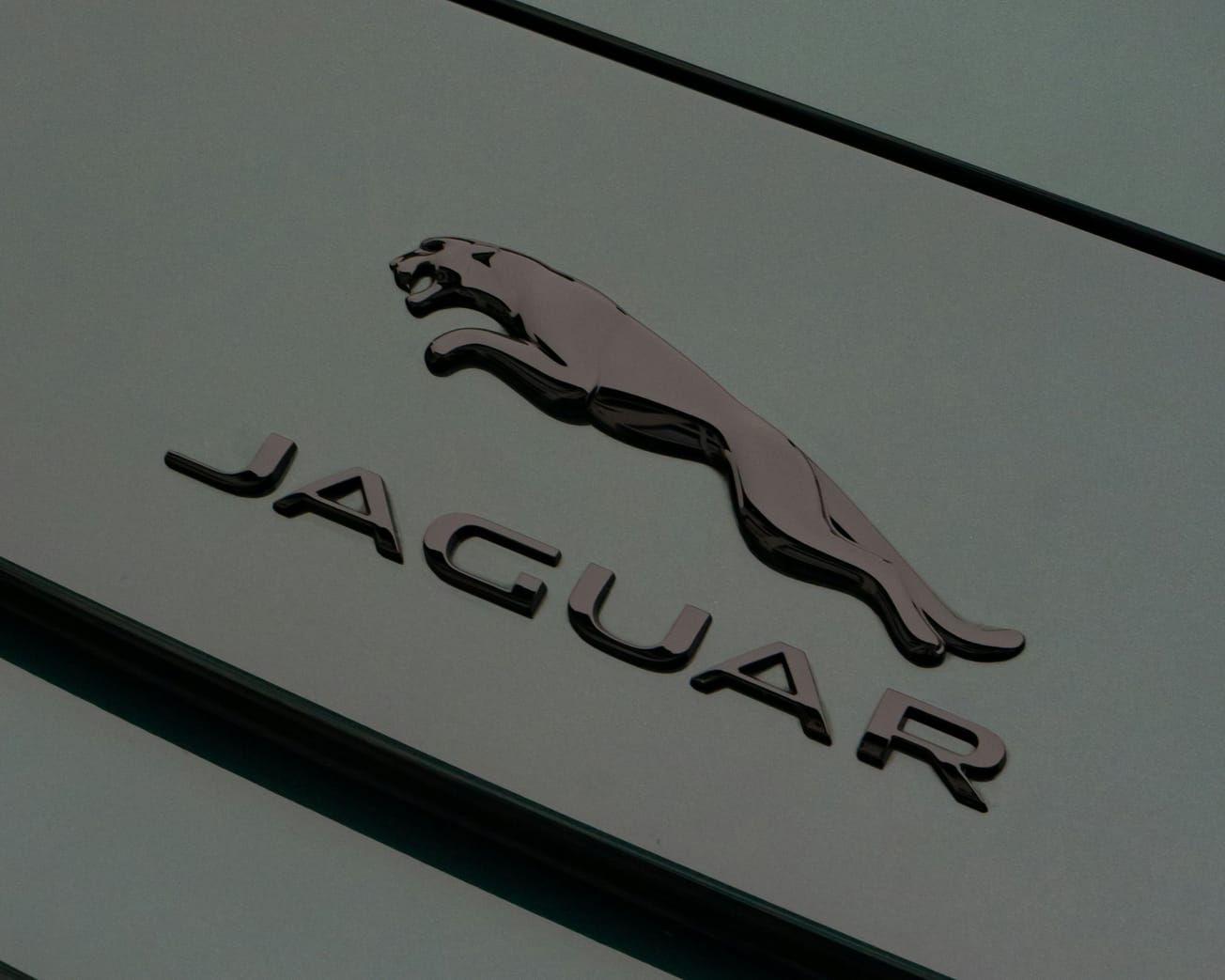By Vilhelmiina Haavisto, Deputy Science and Technology Editor
Could London lose its leading position in the European start-up industry?
Start-ups are becoming an increasingly popular way for entrepreneurs to make their ideas a reality, with London as the top European hub - but how could this change when Brexit becomes a reality?
According to the University of Bristol’s alumni webpage, 20% of Bristol students go on to set up their own business. LettUs Grow and Ultrahaptics are just a few examples of Bristol graduates’ companies; the former has been shortlisted in this year’s Great British Entrepreneur Awards, and the latter were awarded the Royal Academy of Engineering Colin Campbell Mitchell Award in 2016.
Photo by Chris Knight / Unsplash
However, as Brexit talks begin to reach their final stages, some of the effects that leaving the EU will likely have are already becoming clear. The European Startup Initiative publish an annual report of the state of the start-up industry in Europe, for which they survey founders and members of the tech community. More than 1,500 people participated in the latest survey, which is showing some interesting trends with regards to London’s position in the European start-up climate. The main question for founders that underpins the report is: “Where would you start if you could begin all over again?”
Firstly, the 2018 report states than London’s appeal as a location for founders to get their companies off the ground is dropping. In 2017, 55% of founders surveyed said they would choose London as a start-up destination. This year, London remains the top start-up hub in Europe, but its popularity among founders has now fallen to 41%. Berlin comes in a close second place with 40% and is followed, though a relatively long way off, by cities such as Barcelona, Paris, and Amsterdam.
Nonetheless, London is still a popular choice among founders in the UK and Ireland, as 71% of those surveyed from these regions said they would be likely to start-up there – up from the 2017 figure. However, the popularity of London among other regions, such as the Mediterranean and Western Europe, has declined considerably and ranged between 23% and 47% in 2018. Though London ranked highly for the availability of funding and industry connections, it was outcompeted in areas such as value for money and talent, by hubs including Eindhoven, Porto, and Prague.
The declining popularity of London as a start-up hub has been attributed to the UK’s oncoming separation from the EU. Uncertainty about future immigration policies and currency depreciations, among other factors, are pushing businesses to set up elsewhere, and some existing UK start-ups are strengthening their footholds in other EU countries. According to the 2017 report, 85% of those surveyed would not have voted for Brexit. A further 35% reported being less interested in post-Brexit London as a location to form their start-up.
While London may well remain a key hub for UK and Irish founders, even in the wake of Brexit, other cities are also gaining traction. In recent years, Bristol has also gained a reputation as a start-up city. A 2018 Tech Nation report named Bristol as the most productive digital cluster in the UK, with over 225 start-ups as well as many international tech firms, including Oracle and Cray. The city was also named the best place to live in the UK in 2017, and was the European Green Capital in 2015. The European Startup Initiative report has not published specific data on Bristol at the time of writing, but the city was included in analyses and is present on their analytical heatmap, which is available online.
On a global scale, Europe’s start-up market valuations fall far behind both Asia and the US. Despite this, Europe is experiencing approximately +29% year-over-year growth, more than either the US or Asia. Though London remains the top start-up hub in Europe this year, this could well change in 2019 when proceedings to leave the EU formally begin. However, a recent Startup Outlook report found that UK entrepreneurs are generally feeling more confident about the future this year than they did in 2017, and are planning to increase their workforce, even as uncertainties about Brexit linger. Clearly, the game is by no means over for future start-up founders in the UK, and predicting what effects Brexit will have is not an exact science.
Featured Image: João Barbosa/ Unsplash
Is London at risk of losing business? Send us your thoughts!











